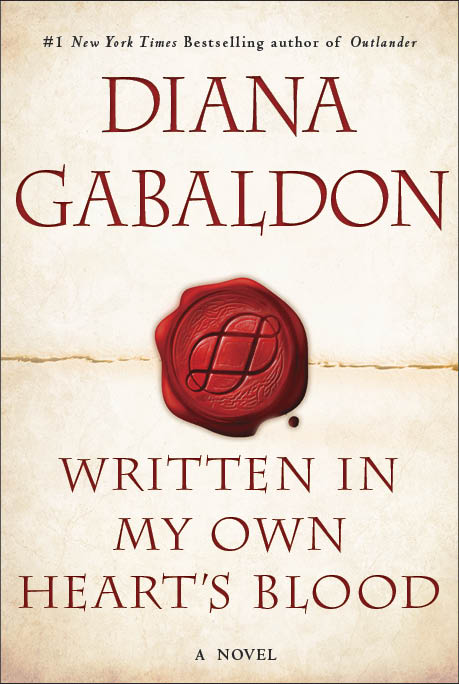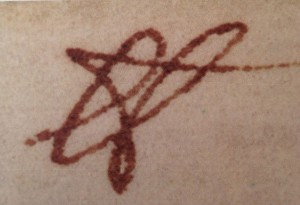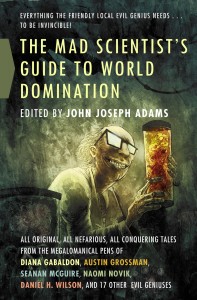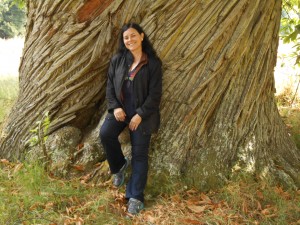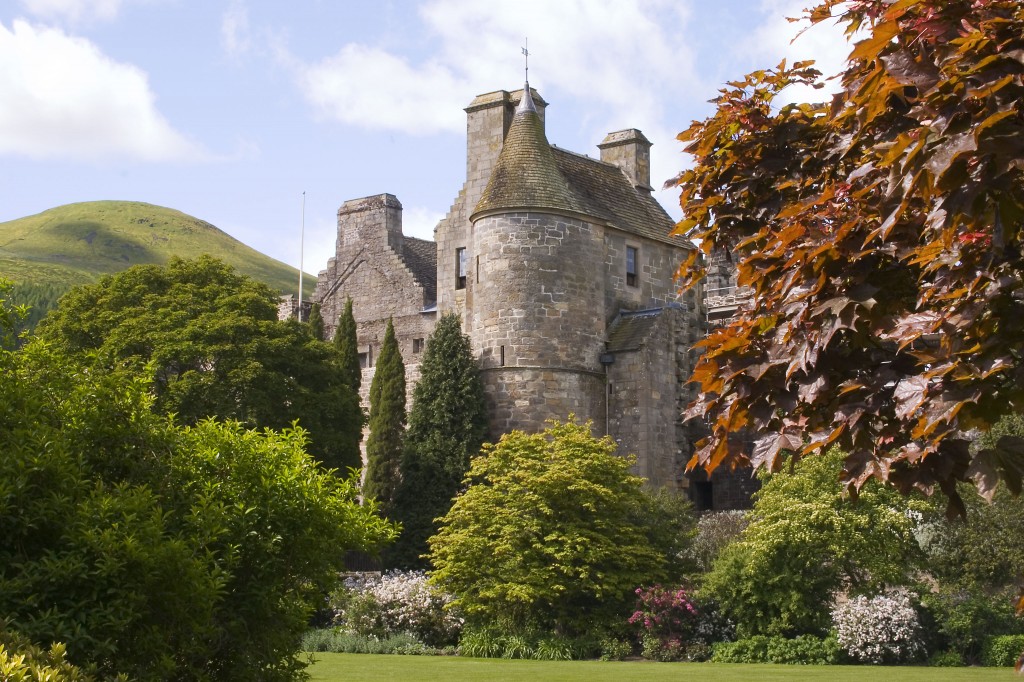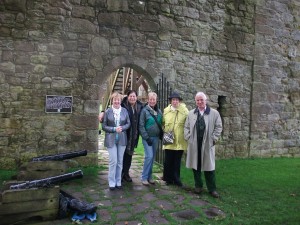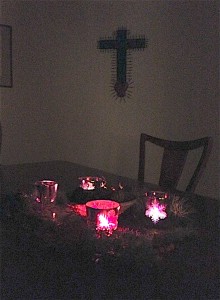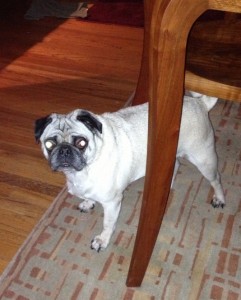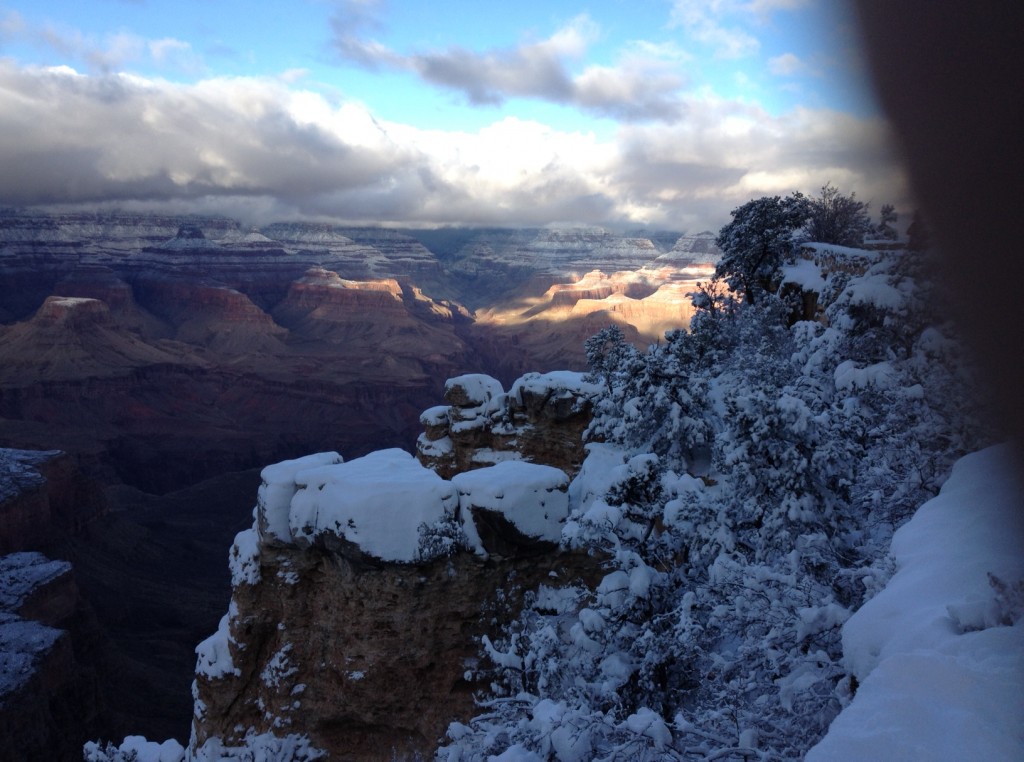ARE YOU FEELING…EXHIBITIONISTIC?
This year’s Historical Novel Society conference takes place Jun 21 – Jun 23 this year, at the
Vinoy Renaissance Resort, St. Petersburg, Florida, USA. And once again, I’ve somehow been persuaded/drafted into the job of ring-master…er, Mistress of Ceremonies for the Late-Night Sex-Scenes Reading, a regular feature of these proceedings.
I inadvertently started this a few years ago, when I attended the HNS and was put on a panel discussing sex-scenes in historical fiction (actually, sex hasn’t altered much in the last few thousand years, so this is pretty generally applicable stuff). There were six people on the panel, and we were mutually introduced electronically and left to figure out how we wanted to handle things.
Having done a number of workshops at writers conferences on How to Write Sex-Scenes, I mentioned that I thought it was virtually impossible to discuss the craft of such scenes without using examples to illustrate what you were talking about. General consensus on that point. OK…six people on panel. If each of us read _one_ scene—and a brief scene at that–it would use up all the time, and there’d be no time either for us to make illustrative remarks, or for the audience to ask questions. Quandary.
So—God help me—I suggested that we ask the organizers if we might have use of the hotel’s ballroom for an hour or so following the main banquet (the panel being next day). We might, I said, announce at the banquet that the panel members would be reading examples of their work, in order to reference these scenes in the next day’s panel; anyone who was interested could remain to hear them, and anyone who wasn’t could go to bed or the bar, depending on individual preference. Universal approval.
So we did. And the results were sufficiently entertaining that the Late-Night Sex-Scene Readings have been a regular feature for the last three or four years. Last year, Gillian Bagwell emcee’d the proceedings, doing a lovely job—and providing a popular YouTube video of herself, me, and Bernard Cornwell enacting one of Gillian’s scenes from her novel, THE DARLING STRUMPET.
Now the time approacheth for all good men and women who don’t mind reading their sex scenes out loud in public—and who will be members of this year’s Conference—to step up to the plate. [g] The Late-Night readings are not, alas, open to the public (though if any good YouTube videos result, I’ll be sure to let you know).
The requirements are:
1) The reading needs to be your own original work (unless you’re team-reading someone else’s scene with them).
2) It does _not_ have to be published work; reading from a work-in-progress is acceptable.
3) It should be no more than 5-7 minutes in length.
4) You agree that people who take photos or video of you reading may post these online. (Mind, it isn’t common for people to _do_ this, but it does happen.)
Now, ideally, the scene is short enough to be dramatically complete in 5-7 minutes, but that’s not a requirement, just a suggestion.
Since we want to keep the program somewhere between 45-60 minutes, that means we can manage six or seven readers (to allow time for getting on and off stage, introductions, and hysterics on the part of the audience).
So if you’re interested in doing this, drop me an email at dgabaldon@aol.com, and let me know just a bit about your scene—what period you’re writing in, for instance, and whether it’s a serious or comic scene (or some combination thereof). If we have a _lot_ of volunteers, I may need to ask for more information in order to make a decision, but in recent years, about the right number of people have shown up. I look forward to hearing from you! [g]
